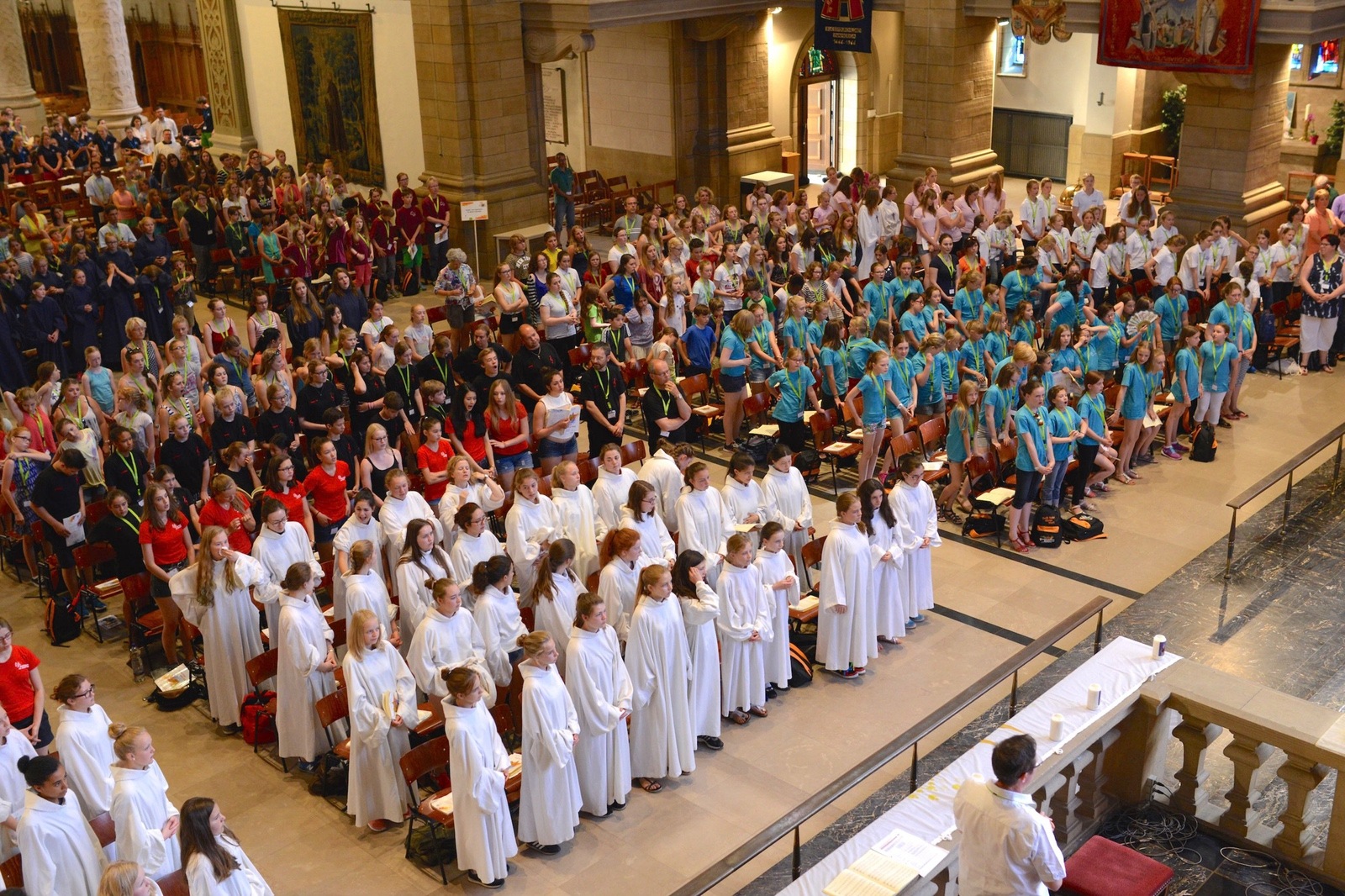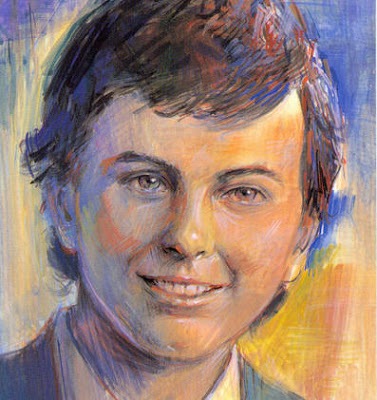The International Federation of Pueri Cantores

Pueri Cantores is an international organization of catholic children and youth choirs. In international choir congresses the young singers join to praise the Lord, to make friends around the world, have fun in music and to promote peace.
The International Federation of Pueri Cantores was founded 1944 in France. Today, the community reaches all around the globe and has more than 40.000 members in over 43 countries.

History
Building on a well-established European tradition of boys’ choirs singing in liturgy, 1907 an association of “The Little Singers of the Wooden Cross” (“Les Petits Chanteurs a la Croix du bois”) was first established in France. In the interwar period they performed in many countries worldwide, propagating the idea of peace.
1944 Fr. Fernand Maillet also founded an international organization of Pueri Cantores. The first concert of 300 Little Singers conducted by Fr. Maillet took place in Paris on 11th November, which is now considered the founding date of the International Federation. The first international Congress was held 1947 in Paris with 90 European choirs participating, followed by Congresses in Rome 1949 and 1951.
In 1965 the Holy See Secretariat of State endorsed the Pueri Cantores statute, and the Federation was officially recognized as a Church movement. The changes in the Federation statutes made after the Second Vatican Council also enabled girls’ choirs being admitted to the Federation.
At present the Pueri Cantores Federation is composed of about 1000 choirs – children’s, boys’, girls’ and mixed youth choirs. Their main task is liturgical singing, and Christian values form the basis of life and conduct of the members. The Federation is actively present in 43 countries on all continents, including in all about 40.000 youth and children. Up to now about 50 international congresses each with 2.000-5.000 participants were held in Europe, South America and North America.
St. Domenico Savio (*1842) was a student of Don Bosco in Valdacco in Turin and known for his deep faith and virtuous conduct. Domenico was often found in deep prayer, contemplation and even spiritual ecstasy, and he wanted to become a priest. Don Bosco regarded his young student very highly and when Domenico passed away from an illness at the age of 14, he wrote his biography.
Due to his ardent faith and virtuous behaviour, Domenico received his First Communion at the age of 7, five years earlier than custom at that time. On the occasion of his First Communion he wrote the resolution in his prayer book: “I will go to Confession frequently and Communion as often as my confessor allows; I want to make Sundays and feast days holy; My friends will be Jesus and Mary; Death but not sin.”
Later at the Oratory of St. Francis de Sales under the guidance of Don Bosco he also had the realization: “I can’t do big things but I want everything to be for the glory of God.” He diligently helped in the school infirmary and spent a lot of time with his friends, encouraging them in their devotions and discouraging them from bad ideas and habits.
Pope Pius XI, who started Domenico’s canonization, described him as “small in size, but a towering giant in spirit.” With his virtuous life as a child and young man, he can serve as an example for many young christians and therefore became the patron of choir boys and girls.
